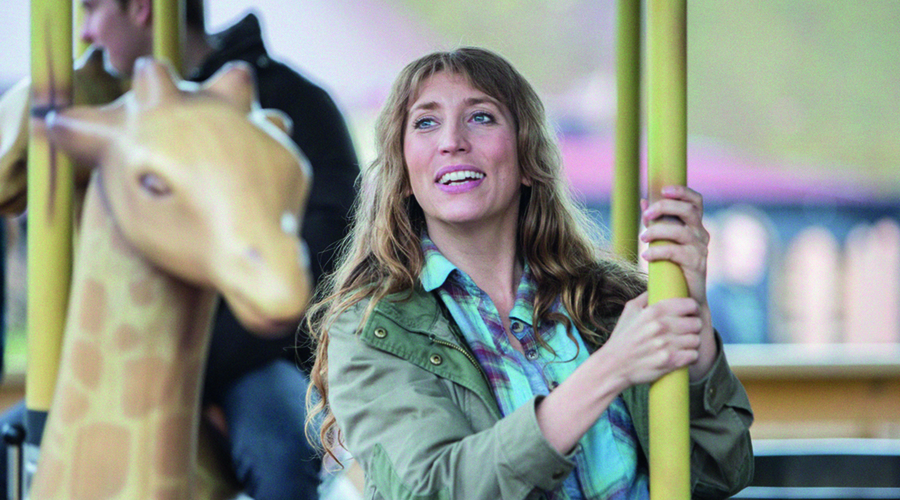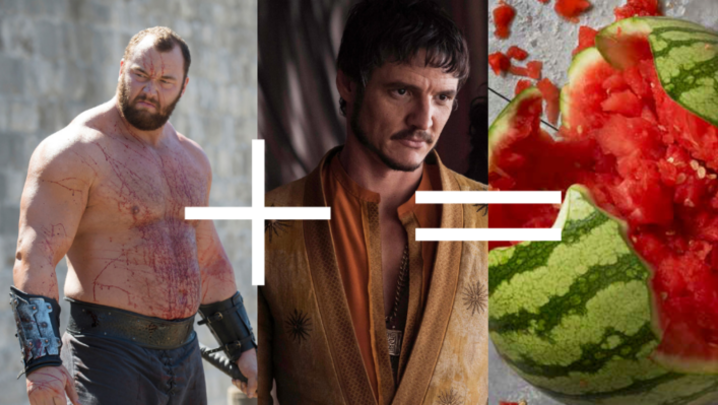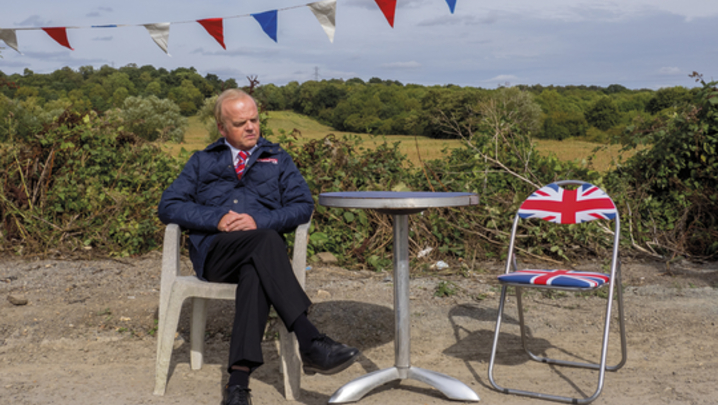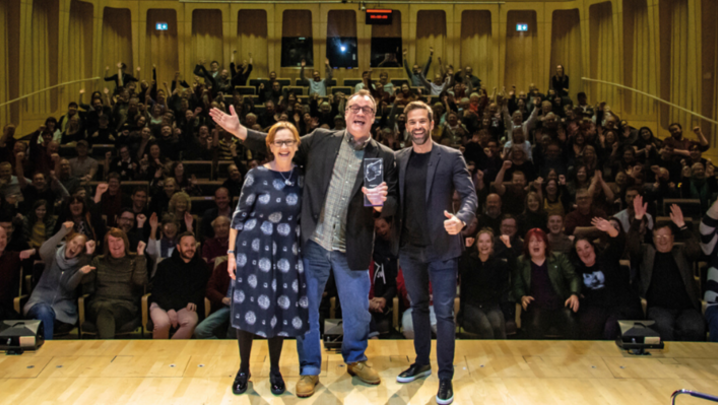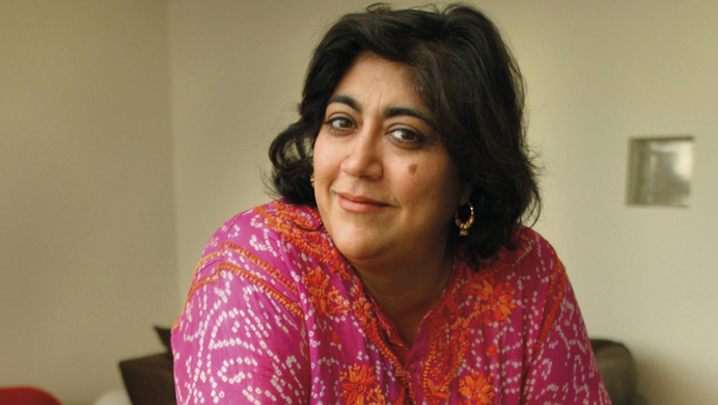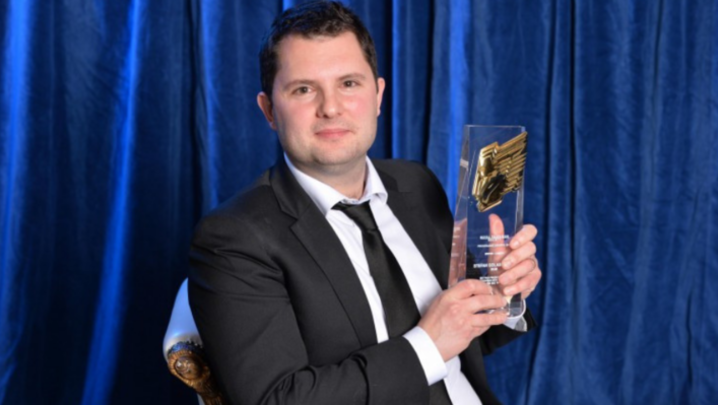Caroline Frost hails a style of show, typified by Mum and Home, that is reinvigorating the comedy genre
Comedy, the late, great Tony Hancock would often tell his dinner guests, was simply “frustration, misery, boredom, worry – all the things people suffer from”.
This may go some way to explaining the success of a crop of deceptively simple, single-camera comedy-dramas that have all but replaced our more traditional idea of the sitcom in the television schedules.
Toby Jones cemented his status as the standard bearer for such fare with Don’t Forget the Driver. Jones’s character, a humble driver for a coach company, is burdened as a single parent by a teenage daughter, a frail mother, helpless colleagues, and a twin brother living the dream Down Under.

And that’s all before he accidentally brings a stowaway refugee back to his Bognor Regis home following a day trip to Dunkirk. This is one string in a story that touches on dementia, disability, maternal neglect, the threat of human slavery – and yet somehow succeeds in providing plenty of chuckles along the way.
Tim Crouch, who created the show and co-wrote the script with Jones, explains: “We’re looking at the world from a small person’s perspective, the view of a lowly character. He wants to live quietly and peacefully. Events prevent that happening and he’s thrust into confrontation with the world’s wider issues. The comedy exists in the contrasts – someone trying to do great things but being small.”
Other “dramedies” seem similarly unafraid to use writing flair, acting talent, standout visuals and laughs to illuminate what could be very dark subjects. Rufus Jones’s Home, on Channel 4 recently, followed a middle-class family’s discovery of their own Syrian stowaway refugee. Ricky Gervais’s After Life explored the grief of a middle-age widower, while This Country and Mum took on rural alienation and widowhood, respectively. Similarly, Car Share and Fleabag effortlessly combined humour with lumps in the throat.
Does all this signal the death knell of the traditional sitcom? Mum’s creator, Stefan Golaszewski, says no. He is adamant that his award-winning creation sits firmly in that canon: “It is a sitcom. If people consider that too limiting, it’s because they have a demeaning view of the sitcom. Just because there have been some banal and inane sitcoms doesn’t mean the sitcom has to be.
“I think we’ve actually gone full circle. If you think of Steptoe and Son, Ever Decreasing Circles or Porridge, the humour may have been broad by today’s standards, but the subject matter, the level of characterisation and subtlety of performance, were all where we’re at now. Humour changes fashion in 20 years, but the things that matter to us don’t.”
Daisy Haggard created and stars in BBC Three’s Back To Life, which she describes as “a dark comedy drama”, about a woman returning to her home town after serving a prison sentence. She agrees that shows such as hers are part of a British drama tradition: “Things of this tone have always been around – a good Mike Leigh would have similar components – but they weren’t called comedies.
“We’re realising that, in life, nothing is ever just funny or just sad. It’s always a bit of everything. Today, there’s more confidence in commissioning things that have many colours rather than just one. I never thought for one moment that I was going to make something that was a mixture of all these things, I just wanted to tell the story.”
Don’t Forget the Driver’s Tim Crouch puts it more succinctly: “I didn’t know about genre, but I’ve been told what we’ve written is a drama but made on a comedy budget.”
Simon Mayhew-Archer produced This Country, a show that gave us unlikely laughs from the distinctly downbeat lives of Kerry and Kurtan Mucklowe, a pair of underoccupied teenage cousins causing havoc in a Cotswolds village.
He credits our fondness for Kerry and Kurtan as being crucial to the show’s success: “When people first watched it, everybody goes through the same kind of process – ‘Oh, I know what these people are going to be like.’ You’re laughing at them. But I’d be amazed if, by the end of the first episode, you haven’t come round to the fact that these are fully rounded, three-dimensional people. The art of a good sitcom is that the ‘sit’ is neither here nor there, it’s the characters you have to care about.”
Home co-star Rebekah Staton believes our enjoyment of these shows is symptomatic of the evolving TV audience experience. She says: “We want to watch comedy in the same way that we watch our dramas. As we’ve come to expect from our dramas, they have strong narratives, but with laughs as well. Home has 26 minutes to give a beginning, middle and end, pack some punches, get some laughs. All that requires a level of precision maybe not called for in previous years.”
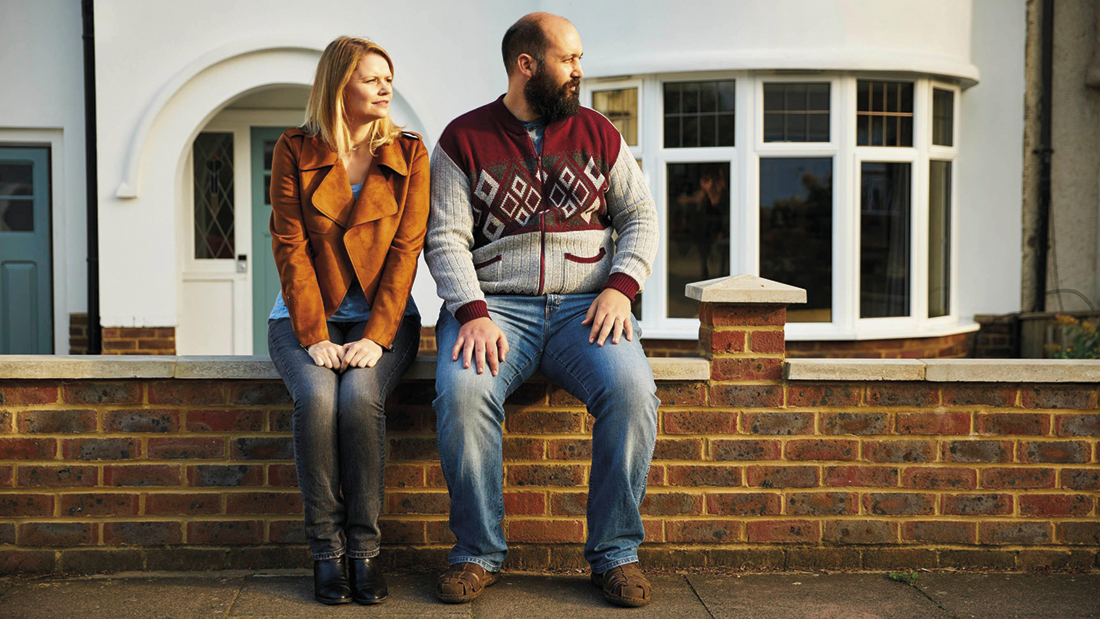
If technology, good cameras and editing have improved the quality of production, something noticeable by its absence in these shows is the laughter track – once considered essential in all things labelled TV comedy.
Staton reminds us: “That was more to do with who was watching at that time. It helped audiences, bringing families together and supporting viewers sitting at home on their own. It helped having that audience around them laughing along. These days we’re quite content to sit on our own watching TV.”
Mayhew-Archer adds: “A laughter track is no bad thing on a show that’s funny. Only Fools and Horses had a laughter track and was also tremendously sad in places, but you’re laughing and crying with them. It’s only when it’s a bad show that it jars.”
The generally slower pace of these titles and the lack of any obvious comic punchlines requires writers, directors and performers to flex different muscles.
For Golaszewski, it’s all about creating something more authentic than the stagey sitcoms of old. He elaborates: “I often ask the editor to make the wrong edit out of a scene, to edit it like a bad editor, leave the scene mid-moment, hold stuff longer than we should, so there’s a kind of roughness, but a feeling of truth. I want it to feel like you’re watching people, not a TV show.
“You can’t have plot twists or huge revelations, because real life isn’t like that. Instead, you find the drama from somewhere else. Balancing serious with the funnies is instinctive. Because it’s a sitcom, I tilt towards the comic, but I don’t really plan the narrative, I feel my way through it.”
Haggard sounds slightly more aware of the need for balance in the writing: “When we were writing it, there were moments when we realised it needed more jokes, or the opposite. We were very sure of the tone, and if we knew it had gone too far one way, too heavy or too light, we’d pull it back.”
For Staton, acting such a role is a delicate balancing act. “They could be deemed dramatic performances, but we have to be acutely aware of the comedy underneath. Sometimes, it means taking the risk not to be funny, [though] the word on the tin says ‘comedy’, but it’s more orchestrated than people might think.”
For many of those involved in creating these small-screen delights, it’s no coincidence that their success comes at a time of political chaos, extremism and uncertainty. Crouch contrasts our “deep state of national bewilderment that has become sharper and sharper” with the coach-driving Everyman of his show’s title.
“Nobody knows what’s going on, even at the highest levels of political organisation; so, to follow that tale to a fella at the seaside, there is where the ‘sadcom’ resides.”
Golaszewski points out: “As the world starts to feel less safe, the art has become more humane. Nowadays, who wants to turn on the telly and see someone being horrible to other people for laughs? It’s difficult being a person.”
Sure enough, between the gentle narrative twists, the true delight of all these shows lies in the humanity on display and the tiny, everyday delights – a shared bag of chips on the beach in Back to Life, a clapped-out car finally starting first time in Don’t Forget the Driver. Or a familiar tune on the radio in almost all of them. These are stories of quiet lives well lived, or at least glorying in the attempt to do so.
Crouch sums them up: “These aren’t action heroes, as those aren’t funny and don’t win our hearts. Ordinary human beings have superhuman powers. It’s about finding the extraordinary in the ordinary.”

